RTO廢氣治理設(shè)備使用流程介紹
來源:http://computerguide.cn/ 發(fā)布時間:2023-04-28
RTO廢氣治理設(shè)備工作原理是把有機廢氣加熱到760℃以上,使廢氣中的VOC在氧化分解成二氧化碳和水。氧化產(chǎn)生的高溫氣體流經(jīng)特制的陶瓷蓄熱體,使陶瓷體升溫而“蓄熱”,此“蓄熱”用于預(yù)熱后續(xù)進(jìn)入的有機廢氣。從而節(jié)省廢氣升溫的燃料消耗。陶瓷蓄熱體應(yīng)分成兩個(含兩個)以上的區(qū)或室,每個蓄熱室依次經(jīng)歷蓄熱-放熱-清掃等程序,周而復(fù)始,連續(xù)工作。蓄熱室“放熱”后應(yīng)立即引入適量潔凈空氣對該蓄熱室進(jìn)行清掃,只有待清掃完成后才能進(jìn)入“蓄熱”程序。
The working principle of RTO waste gas treatment equipment is to heat organic waste gas to above 760 ℃, causing VOC in the waste gas to oxidize and decompose into carbon dioxide and water. The high-temperature gas generated by oxidation flows through a specially designed ceramic heat storage body, causing the ceramic body to heat up and "store heat". This "heat storage" is used to preheat the subsequent organic waste gas entering. Thus saving fuel consumption for exhaust gas heating. Ceramic heat storage bodies should be divided into two or more zones or chambers, each of which undergoes a sequence of heat storage, heat release, and cleaning procedures, repeating the cycle and working continuously. After the heat storage chamber releases heat, an appropriate amount of clean air should be introduced immediately to clean the chamber. Only after the cleaning is completed can the "heat storage" program be entered.
3.RTO廢氣治理設(shè)備工作流程
3. RTO waste gas treatment equipment workflow
階段一:廢氣通過蓄熱床A被預(yù)熱,然后進(jìn)入燃燒室燃燒,蓄熱床C中殘留未處理廢氣被凈化后的氣體反吹回燃燒室進(jìn)行焚燒處理(吹掃功 能),分解后的廢氣經(jīng)過蓄熱床B排出,同時蓄熱床B被加熱。
Stage 1: The exhaust gas is preheated through the heat storage bed A and then enters the combustion chamber for combustion. The remaining untreated exhaust gas in the heat storage bed C is purged back into the combustion chamber for incineration treatment (blowing function). The decomposed exhaust gas is discharged through the heat storage bed B, while the heat storage bed B is heated.
階段二:廢氣通過蓄熱床B被預(yù)熱,然后進(jìn)入燃燒室燃燒,蓄熱床A中殘留未處理廢氣被凈化后的氣體反吹回燃燒室進(jìn)行焚燒處理,分解后廢氣經(jīng)過蓄熱床C排出,同時蓄熱床C被加熱。
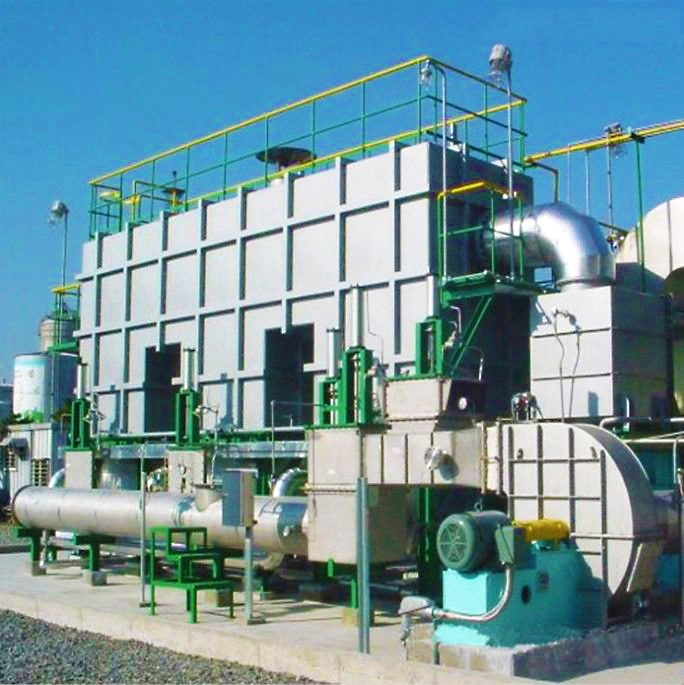

Stage 2: The exhaust gas is preheated through the heat storage bed B and then enters the combustion chamber for combustion. The remaining untreated exhaust gas in the heat storage bed A is purged back into the combustion chamber for incineration treatment, and the decomposed exhaust gas is discharged through the heat storage bed C, while the heat storage bed C is heated.
階段三:廢氣通過蓄熱床C被預(yù)熱,然后進(jìn)人燃燒室燃燒,蓄熱床B中殘留未處理廢氣被凈化后的氣體反吹回燃燒室進(jìn)行焚燒處理分解后廢氣經(jīng)過蓄熱床A排出,同時蓄熱床A被加熱。
Stage 3: The exhaust gas is preheated through the heat storage bed C, and then enters the combustion chamber for combustion. The remaining untreated exhaust gas in the heat storage bed B is purged back into the combustion chamber for incineration treatment. After decomposition, the exhaust gas is discharged through the heat storage bed A, and at the same time, the heat storage bed A is heated.
RTO廢氣治理設(shè)備工作流程
RTO waste gas treatment equipment workflow
如此周期性運行,廢氣在燃燒室內(nèi)氧化分解,燃燒室內(nèi)溫度維持在設(shè)定溫度(一般為800~850℃)。當(dāng)RTO進(jìn)氣口的廢氣濃度達(dá)到一定值時,VOCs氧化釋放的熱量能夠維持RTO蓄熱和放熱的能量儲備,則此時RTO不需要使用燃料就能夠維持燃燒室內(nèi)的溫度。
In such periodic operation, the exhaust gas oxidizes and decomposes in the combustion chamber, and the temperature in the combustion chamber is maintained at the set temperature (usually 800~850 ℃). When the concentration of exhaust gas at the RTO inlet reaches a certain value, the heat released by VOCs oxidation can maintain the energy reserve for RTO heat storage and release. At this time, RTO can maintain the temperature of the combustion chamber without using fuel.
4.RTO廢氣治理設(shè)備特點
4. Characteristics of RTO waste gas treatment equipment
(1)高濃度廢氣處理實現(xiàn)自供熱燃燒,運行費用低,性價比合理
(1) High concentration waste gas treatment achieves self heating combustion, with low operating costs and reasonable cost-effectiveness
(2)凈化效率高,三室型RTO可達(dá)99%以上
(2) High purification efficiency, with a three chamber RTO of over 99%
(3)采用陶瓷蓄熱體作為熱能回收,預(yù)熱、蓄熱交替運行,熱效率≥95%
(3) Using ceramic heat storage as the heat recovery material, preheating and heat storage operate alternately, with a thermal efficiency of ≥ 95%
(4)爐體鋼結(jié)構(gòu)牢靠,保溫層厚實,運行穩(wěn)定,穩(wěn)定性高
(4) The steel structure of the furnace body is reliable, with a thick insulation layer, stable operation, and high stability
(5)PLC可編程自動化控制,自動化程度高
(5) PLC programmable automation control with high degree of automation
(6)適用性廣,可凈化任何有機廢氣
(6) Wide applicability, capable of purifying any organic waste gas
(7)余熱利用,經(jīng)濟(jì)效益高,多余的熱能回用烘房、烤箱等,烘房的加熱不用額外消耗燃料或電能。
(7) Waste heat utilization has high economic benefits, and the excess heat is reused in the drying room, oven, etc. The heating of the drying room does not require additional fuel or electrical energy consumption.
5.RTO廢氣治理設(shè)備應(yīng)用范圍
5. Application scope of RTO waste gas treatment equipment
RTO廢氣治理設(shè)備廣泛應(yīng)用于石油、化工、塑料、橡膠、制藥、印刷、家具、紡織印染、涂布、涂料、半導(dǎo)體制造、合成材料等行業(yè)產(chǎn)生中高濃度大風(fēng)量有機廢氣處理,可處理有機物質(zhì)種 類包括苯類、酚類、醛類、酮類、醚類、酯類、醇類、烴類等。
RTO waste gas treatment equipment is widely used in industries such as petroleum, chemical, plastic, rubber, pharmaceuticals, printing, furniture, textile printing and dyeing, coating, coating, semiconductor manufacturing, synthetic materials, etc. to treat medium to high concentration and high air volume organic waste gas. The types of organic substances that can be treated include benzene, phenol, aldehyde, ketone, ether, ester, alcohol, hydrocarbon, etc.
上一篇:工業(yè)涂裝線:自動噴涂設(shè)備有什么特點?
下一篇:自動噴砂房在五金等鋼構(gòu)件打砂的使用優(yōu)勢


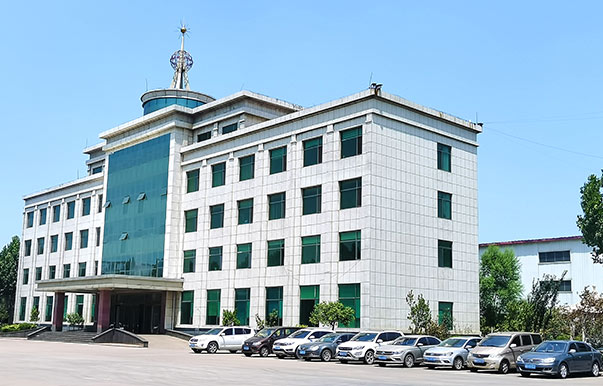
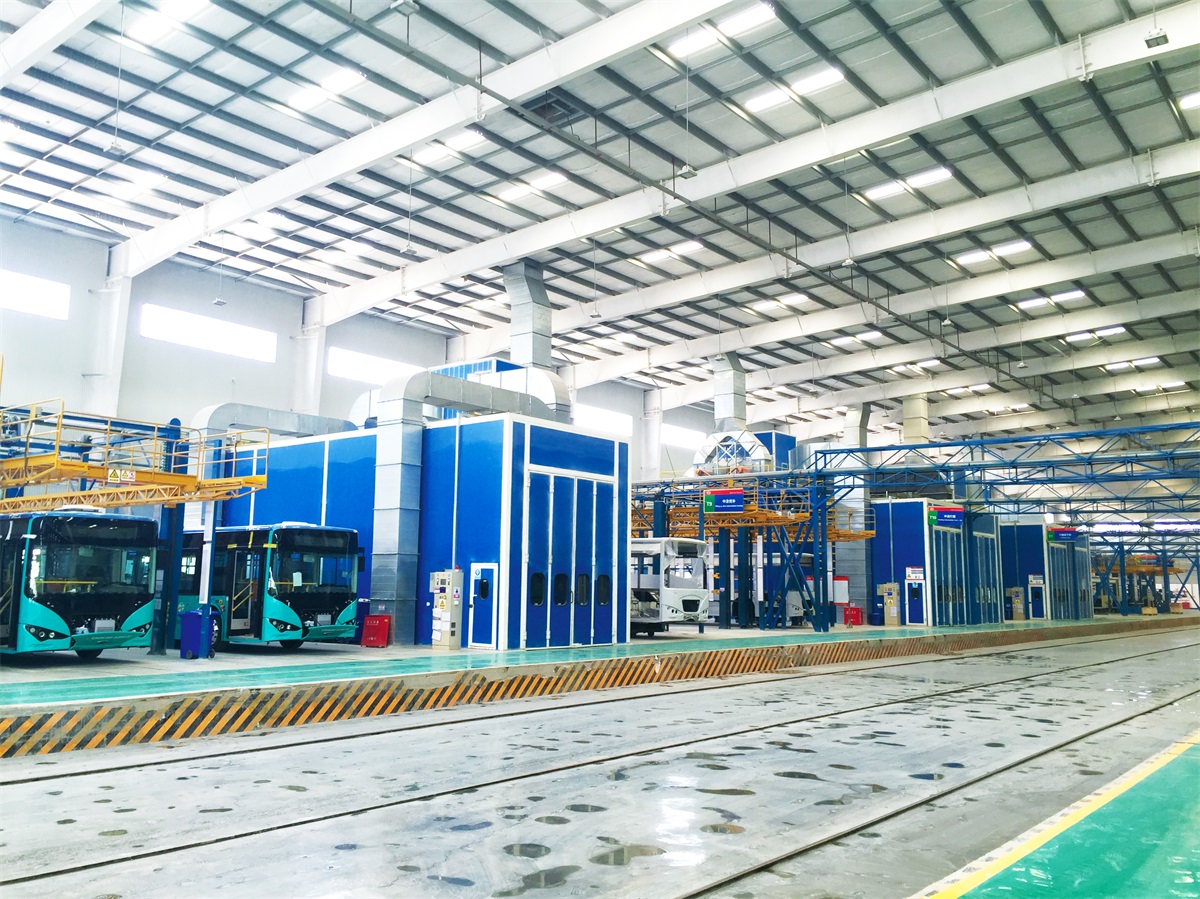
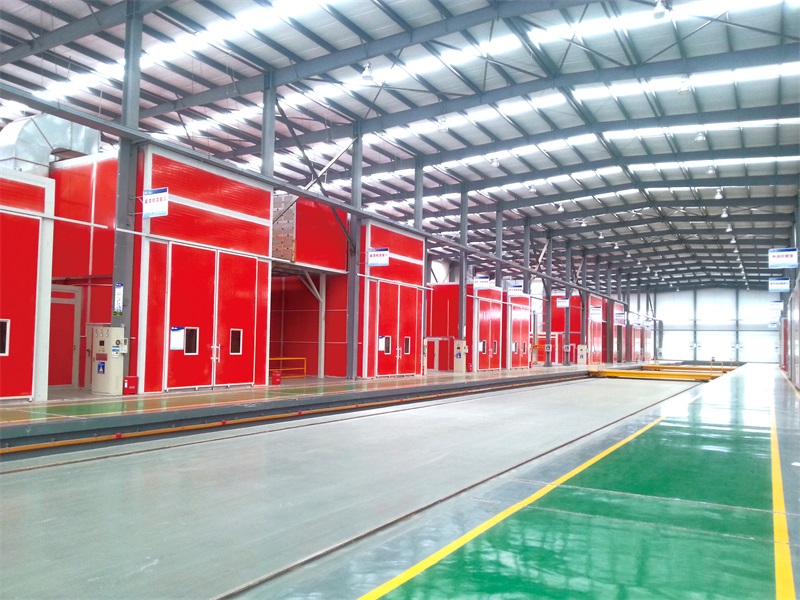
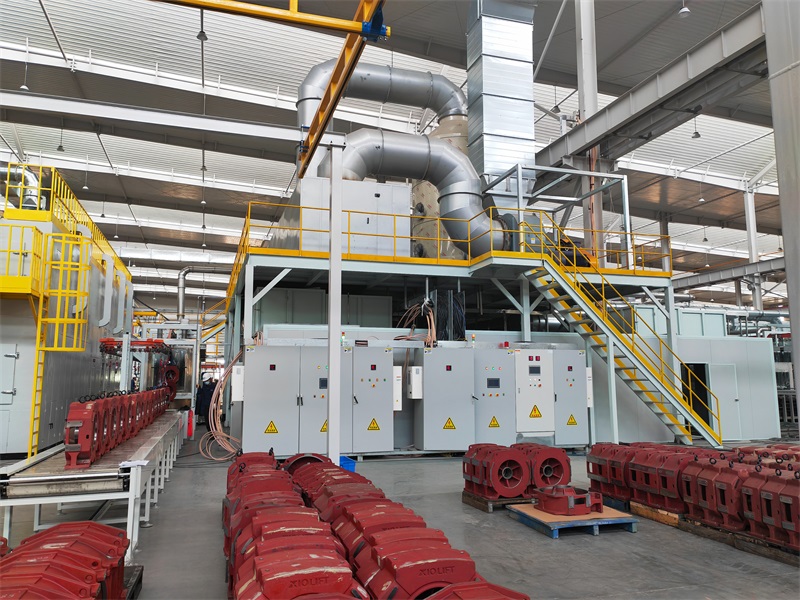
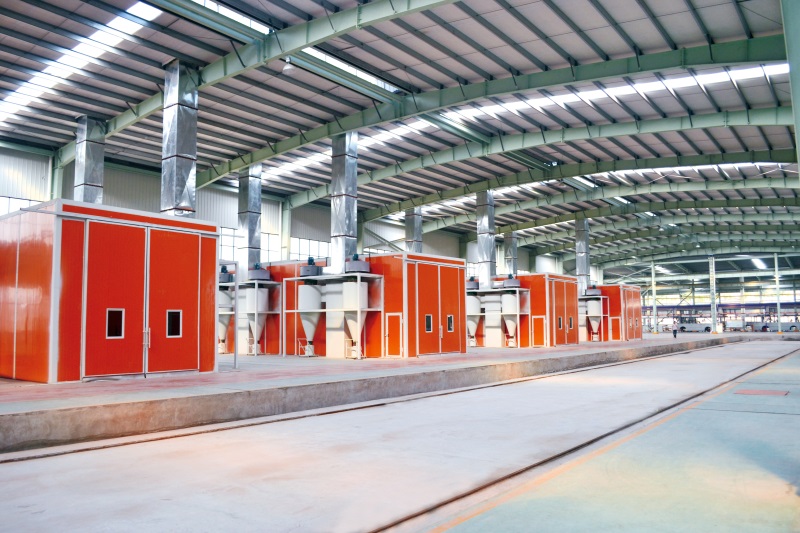
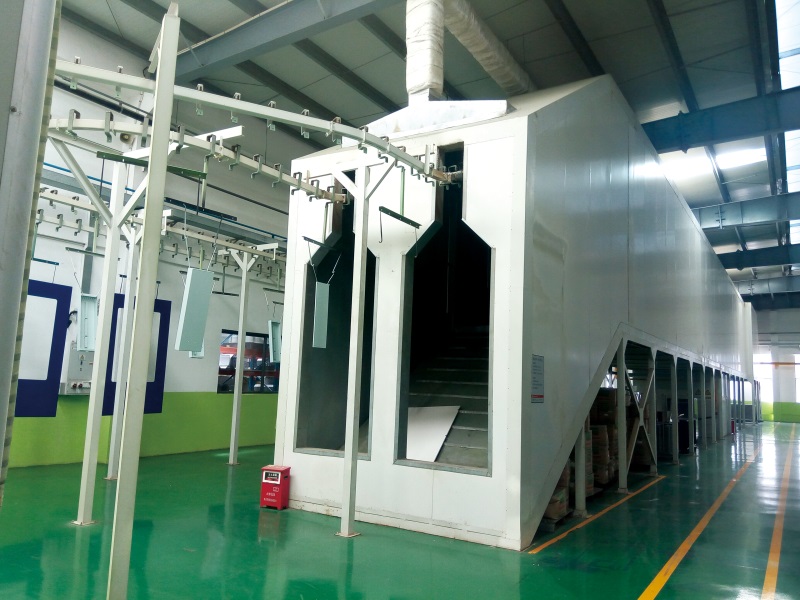
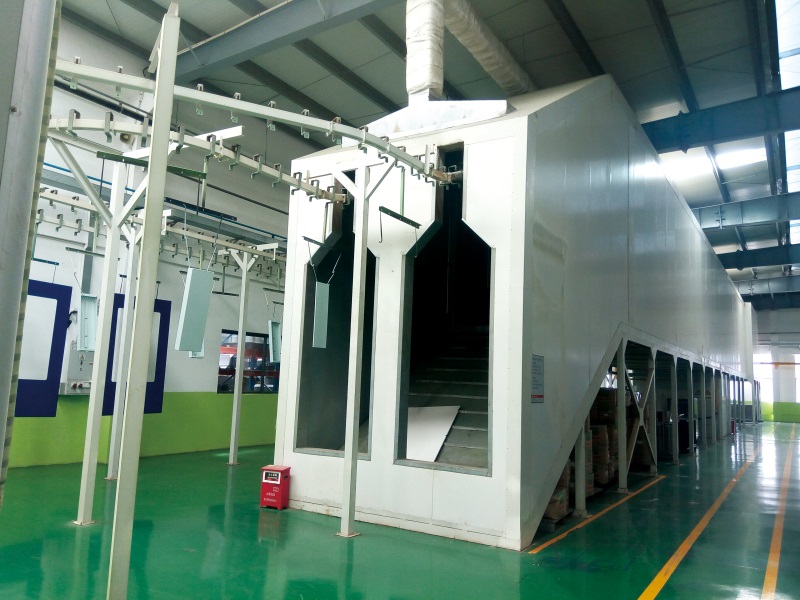
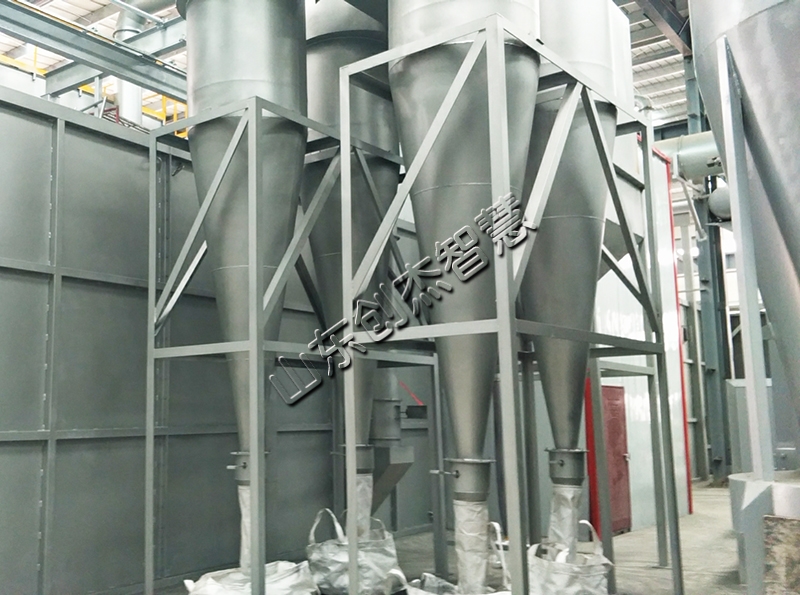
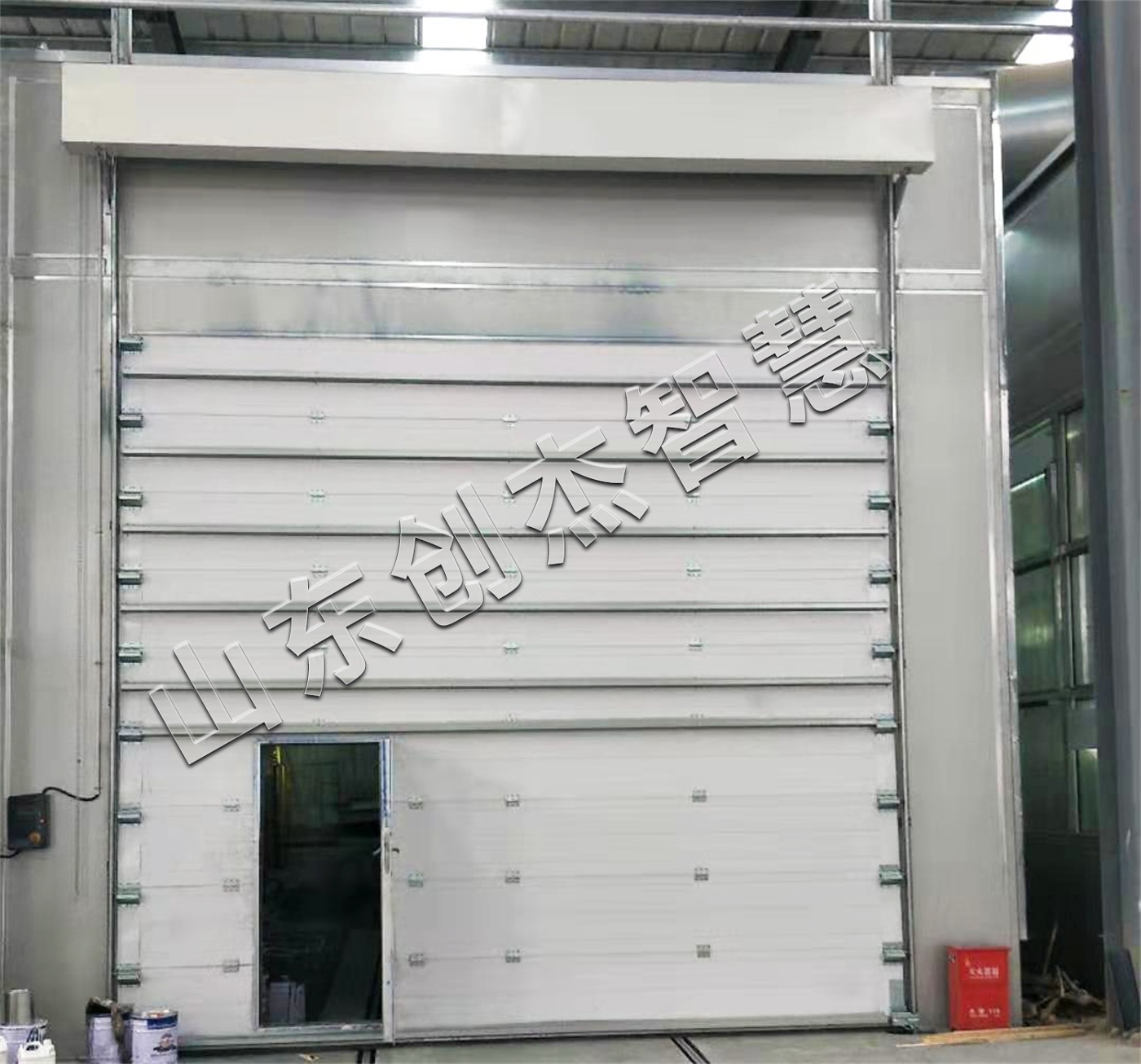
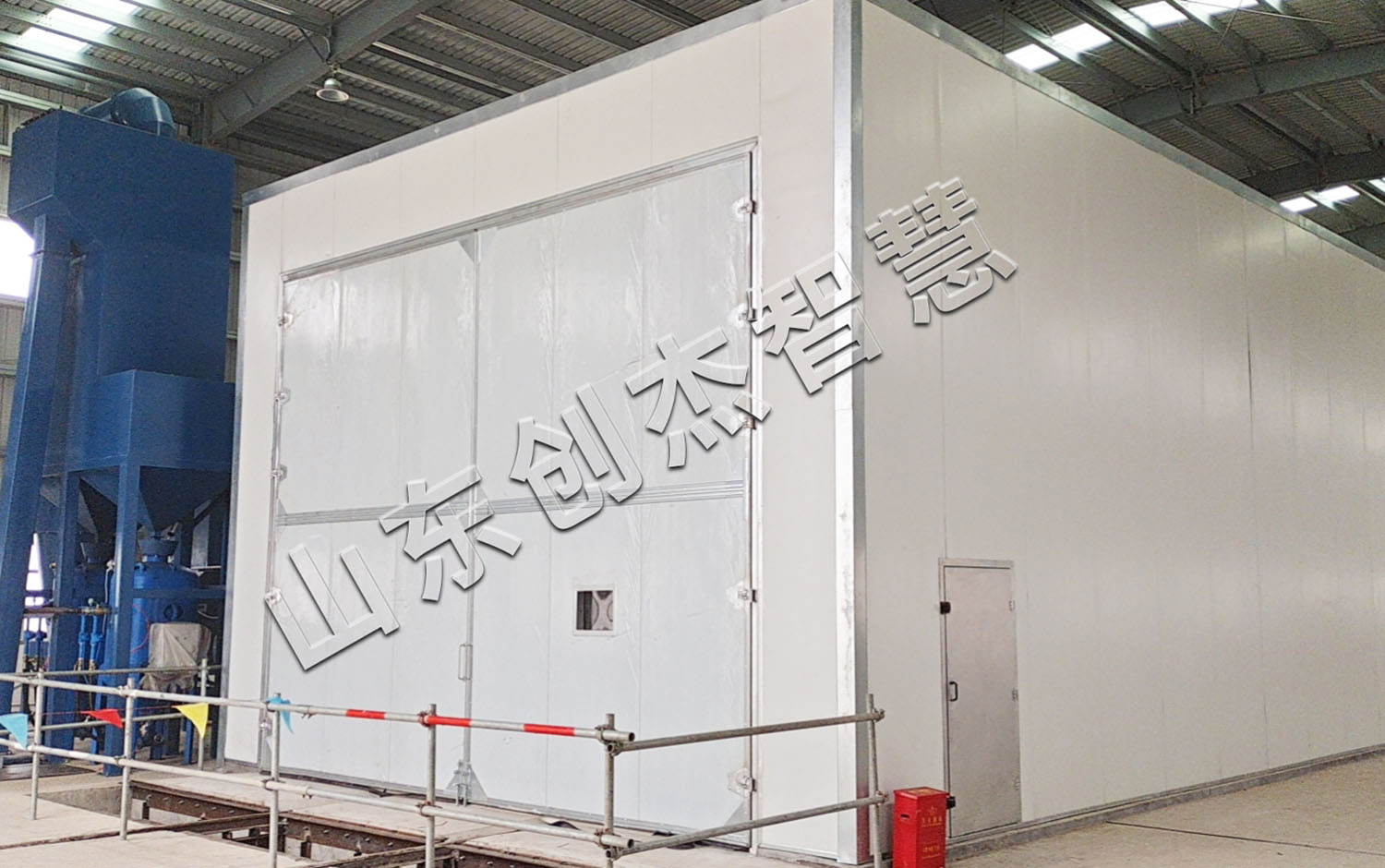
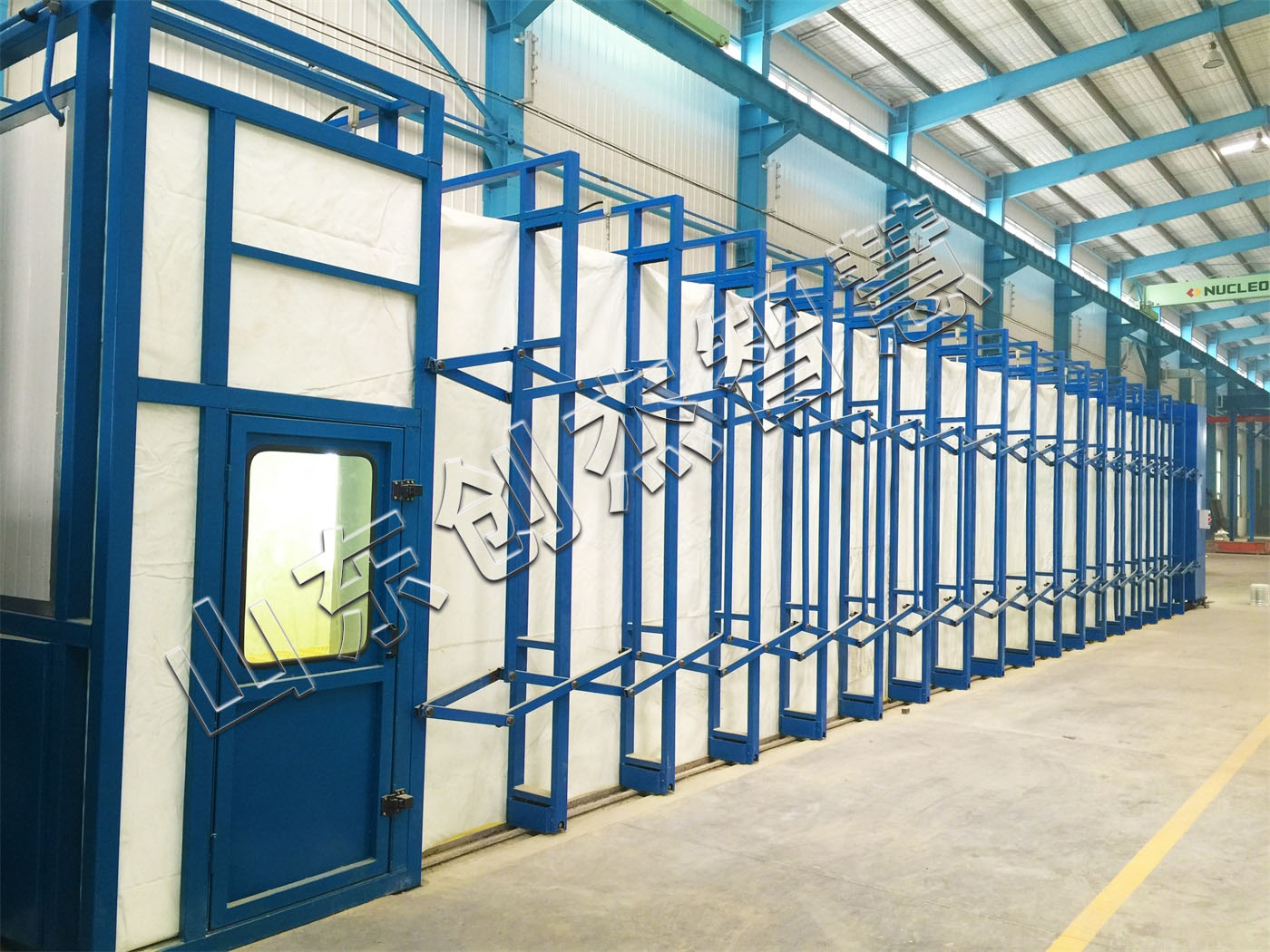

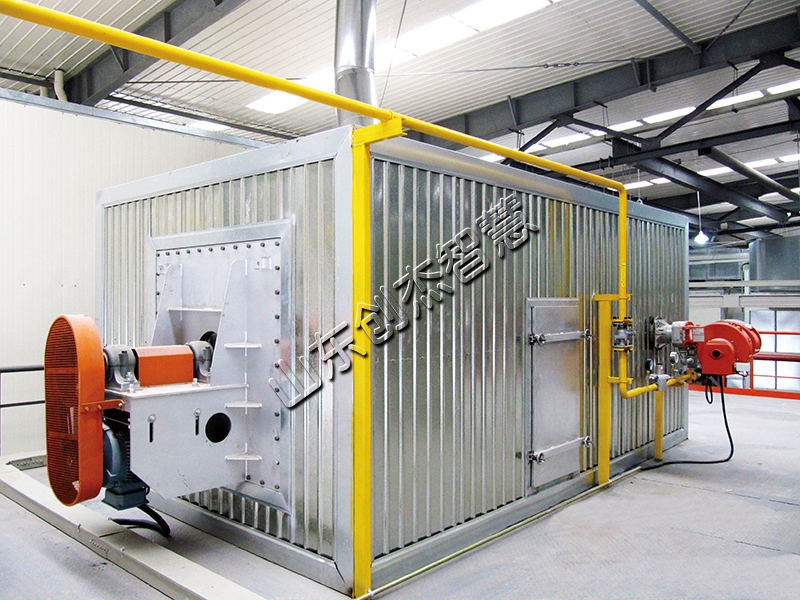

 魯公網(wǎng)安備 37142502000144號
魯公網(wǎng)安備 37142502000144號